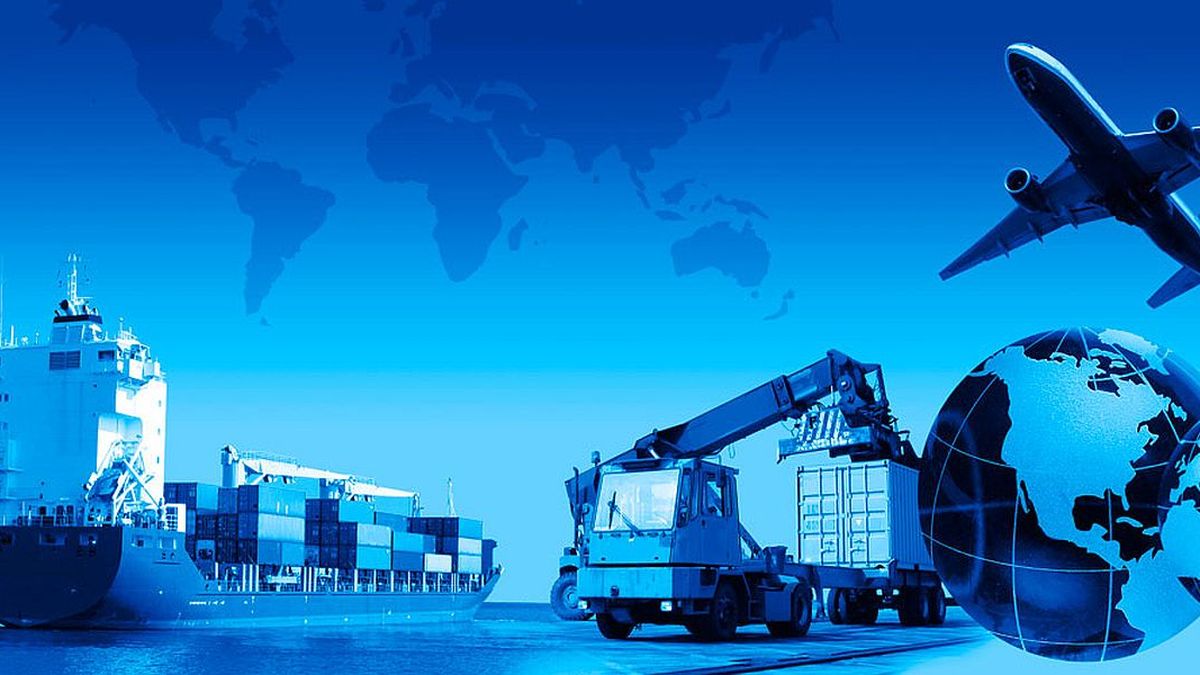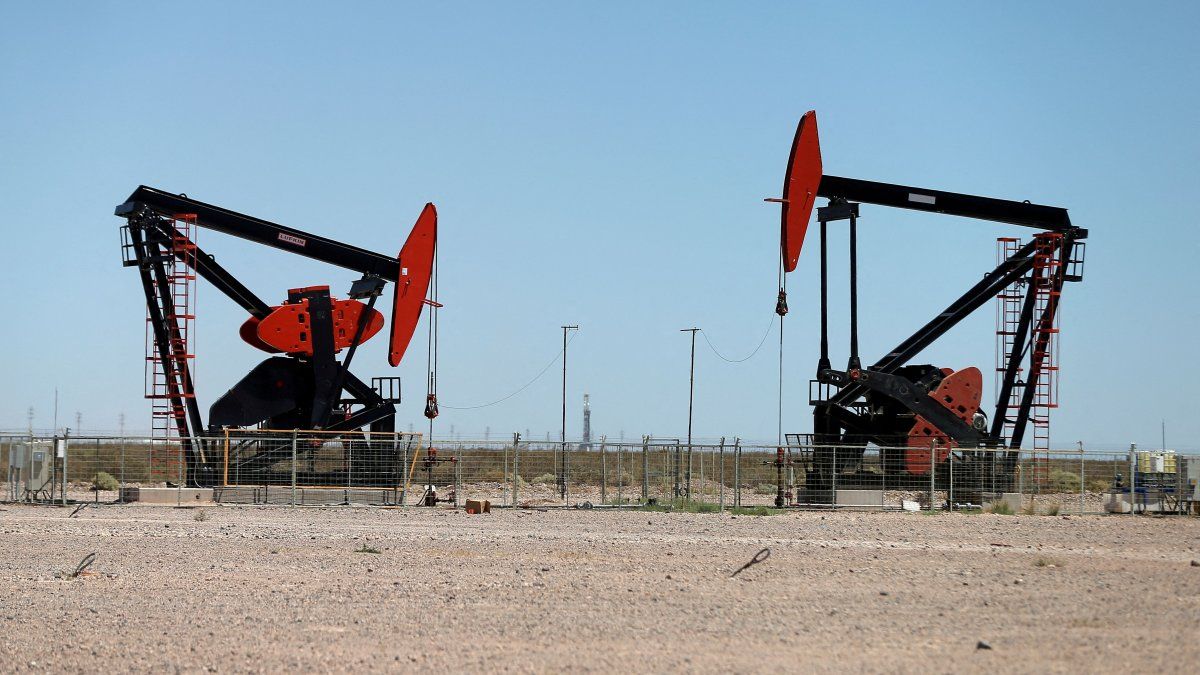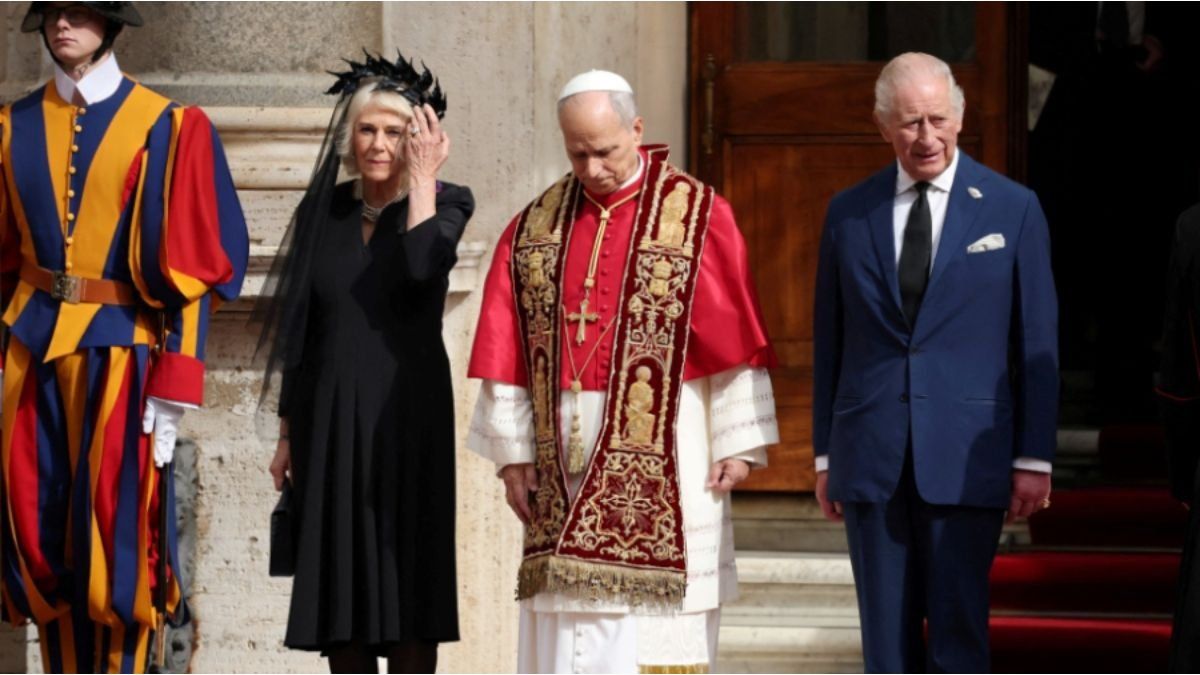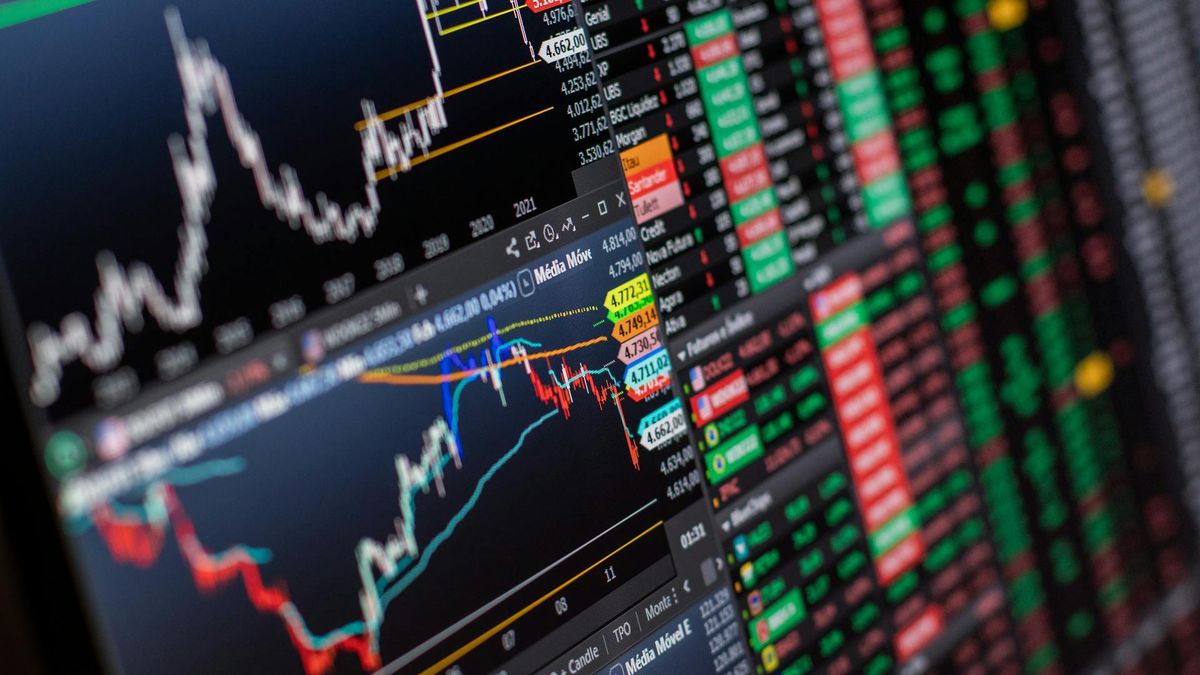One of the historical catchphrases of certain sectors is that “You have to look at what the world is doing.”, contrasting economic policies carried out in Argentina with global changes. One of the conceptually criticized aspects, beyond the merits or shortcomings of its implementation, is the existence of active policies by the State to promote industrial development.
For decades in developed countries and in many developing countries such as Asian countries or Brazil, to cite a close and impactful example in Argentina, various fiscal and trade policy measures have been carried out to promote industrial development.
Starting in 1990, a paradigm of economic liberalization was imposed on the world that reduced these interventions. As we mentioned in a recent article in Ámbito, as economist Ha Joon Chang points out, developed countries already “they had used the ladder to gain competitiveness” and they proposed kicking down the ladder so that no one else could reach their level.
Yes: beyond intentional catchphrases, it is necessary to analyze what the world does, understand the context and virtuously insert oneself into the global village, to maximize the productive capacities of the Nation. So the truth is that, as the IMF itself recognizes (see the IMF blog “Industrial Policy is Back”, April 2024) Industrial policies have returned in recent years around the world.
Thus, unlike the 1990s, when the world seemed to be moving towards globalization and unlimited openness within the framework of the “end of history,” the world is witnessing a new era of selective deglobalization, within the framework of a fierce war. block hegemonic. Therefore, if the economic opening of the 90s was carried out in a context of global liberalization, the danger of carrying out such a strategy at all costs is that the world has reinforced its protectionism and the consequences for our country could be severe in the medium and long term.
Not only is it serious that in Argentina the use of economic policy instruments is denounced, but that the country does not implement and dismantle, without discriminating their need and effectiveness, measures aimed at a sectoral development and promotion policy not only in industry, when The world reinforces protectionism and state promotion measures at all levels.
The IMF clearly notes that “the pandemic, rising geopolitical tensions, and the climate crisis have raised concerns about the resilience of supply chains, economic and national security, and more broadly, about the ability of markets to allocate resources.” efficiently.”
“As a result, governments were pressured to adopt a more active industrial policy stance,” the agency said. Contrary to what the President points out and as no one disputes in developed governments, the IMF continues to affirm: “These measures can help address market failures, such as interventions related to the climate transition”.
Business World.jpg
One of the historical catchphrases of certain sectors is that “we have to look at what the world is doing”, contrasting economic policies carried out in Argentina with global changes.
Chronicles
Let’s review different initiatives to protect the internal market such as international trade, subsidies and other active policies to “nationalize” production:
International trade measures:
The IMF, together with Global Trade Alert, revealed that in 2023 there were more than 2,500 industrial policy interventions around the world. Of this total, two thirds are protectionist measures to protect the internal market.
According to data from the IMF and GTA, these types of measures have been mainly driven by developed countries China, the European Union and the United States, which represent almost half of all new measures in 2023.
If Donald Trump wins the US elections, it is very likely that this growing trend of restrictive measures will become more pronounced.
Subsidies:
The introduction of subsidies grew from less than 500 in 2008 to more than 6,000 in developed countries and 7,000 in developing countries in 2022. From 2008 to 2014, developed countries implemented more subsidies in their economy and since 2014 the measures in underdeveloped countries, but since 2019 the rate of growth of subsidies in the G7 has grown at a greater rate.
Other industrial policy measures to “nationalize production”:
36% of the measures adopted globally are to promote competitiveness, 29% are measures to mitigate the effects of climate change, 14% to strengthen supply chains, 13% for geopolitical reasons and 7% for “security.” national”
The IMF highlights that the sectors that received the most active policies were military and civil dual-use products and advanced technologies, including semiconductors and low-carbon technologies, as well as their components, and critical minerals, a key issue that requires, using intelligently use resources and add value to our country. In recent years, the United States, Europe and China have promoted budgetary reinforcements for research in universities, critical organizations (such as Invap and Arsat in Argentina, among others) and encourage subsidies, tariff and para-tariff protection and a government purchasing schedule to develop the dynamic comparative advantages of their economies.
There would be no Internet or artificial intelligence without the State, nor many goods and services that we use daily in our daily lives. And that requires, as the IMF itself points out and developed countries do, policies that the market alone cannot carry out. It is vital then to promote the qualification of the workforce, promote science and technology, encouraging research in both hard and applied sciences. Universities and Conicet are key to our future. Both the IMF and the World Bank have recognized the shortsightedness of fiscal cash restrictions that go to the detriment of long-term investment, including education and research that generate competitive advantages essential to being a Nation. It is one thing to make the State, the educational and productive systems more efficient, it is quite another to condemn them to disappearance with the tragic consequences in the short, medium and long term that this entails.
It is clear that the global context assigns the State a key role in defending the internal market, promoting the competitiveness of the productive sectors and allocating, through fiscal and price measures, care measures for the internal supply of goods and services and guaranteeing internal demand. to sustain growth.
Of course, this conceptualization does not imply ignoring that in the past there was a use and abuse of active measures that in many cases did not promote competitiveness or employment and had a high fiscal cost, in addition to protecting the market without guaranteeing prices or adequate supply in quantity and quality.
But the country cannot have an anomic State but must have a present and intelligent State that favors the development of the market. There is no need to pay for sterile antinomies that the world has already settled. There is no State without a market and there cannot be a market without the State.
It is clear that the instruments are neither bad nor good in themselves and the geopolitical and economic context requires, as governments of different political signs and different economic power do, to have a State policy that promotes competitive economic sectors with added value to be able to go through with success, that is, sustained growth, genuine employment and fiscal and external viability, the challenges of a complex world with various war risks that require a rational sovereign strategy, within the framework of a regional integration that cannot be abandoned.
Director of Synthesis
Former President of the Central Bank of the Argentine Republic
Source: Ambito
David William is a talented author who has made a name for himself in the world of writing. He is a professional author who writes on a wide range of topics, from general interest to opinion news. David is currently working as a writer at 24 hours worlds where he brings his unique perspective and in-depth research to his articles, making them both informative and engaging.




